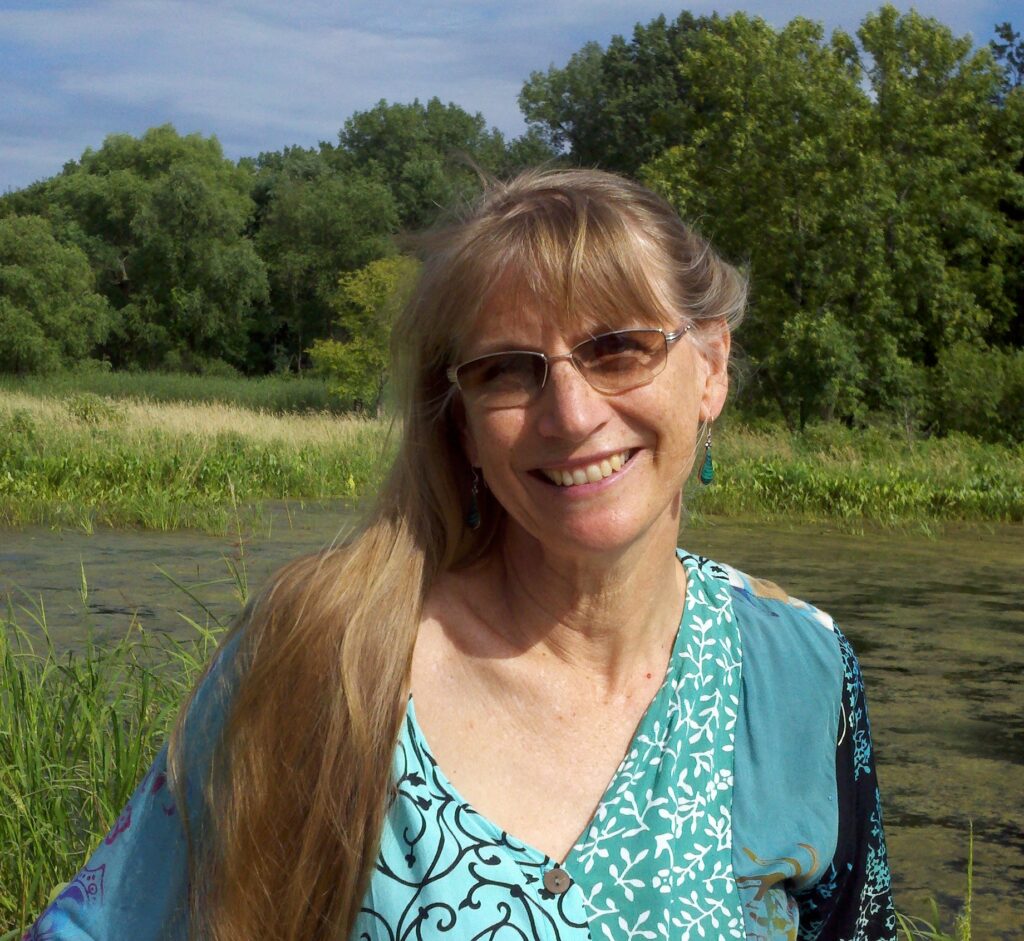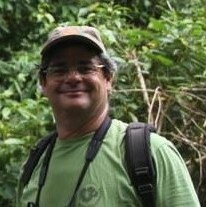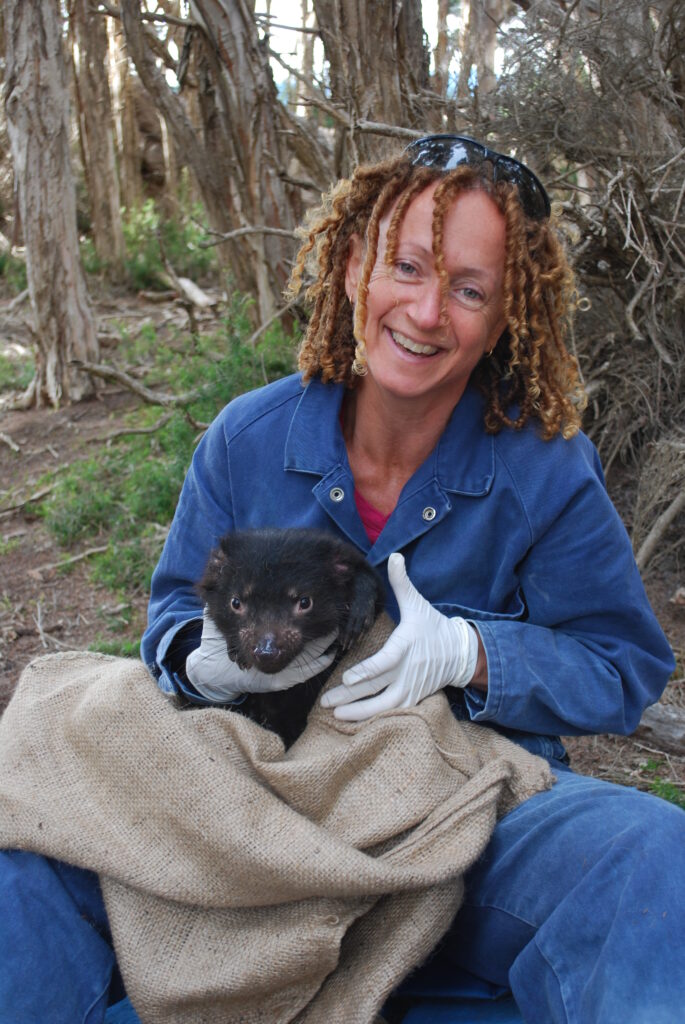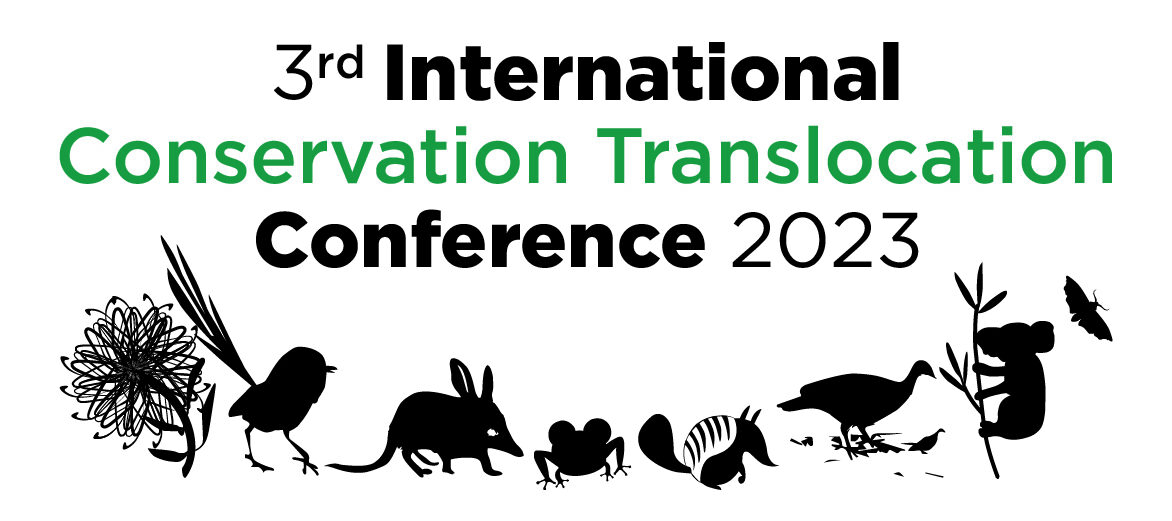Plenary Speakers
We are pleased to confirm the following Plenary Speakers for ICTC 2023
Dr Joyce Maschinski (retired), Center for Plant Conservation and San Diego Zoo Wildlife Alliance

Dr. Joyce Maschinski is a devoted plant conservationist. She recently retired from a joint appointment as the President and CEO of the Center for Plant Conservation and Director of Plant Conservation for San Diego Zoo Wildlife Alliance in Escondido, California. Prior to those positions, she worked for two Center for Plant Conservation participating institutions: The Arboretum at Flagstaff in Flagstaff, Arizona and Fairchild Tropical Botanic Garden in Miami, Florida. In all these capacities, she led efforts to conserve endangered plants locally, regionally, and nationally.
Her research interests have centered on understanding factors that limit reproduction, growth, and expansion of rare plant populations. She has examined demography, biotic interactions, genetics, ecological factors, climate change, and the impact of human activities on rare plants and has provided management solutions for the conservation of rare plant species. As an essential strategy to prevent rare plant species extinction, with colleagues at The Arboretum at Flagstaff, Fairchild Tropical Botanic Garden, and San Diego Zoo Wildlife Alliance, Dr. Maschinski has conducted over 89 reintroductions of 28 endangered plant species in desert, tropical, and Mediterranean ecosystems. Most of these have been published in her 79 peer-reviewed papers or book chapters.
Based on these experiences and working with collaborators at the Center for Plant Conservation, she spearheaded the CPC Best Plant Conservation Practices to Support Species Survival in the Wild, which is now available as an online resource on the Rare Plant Academy (https://saveplants.org/cpc-rare-plant-academy/). Believing that practitioners should share their experiences, she has contributed modules to the CPC Applied Plant Conservation Course. The Center for Plant Conservation has an online Reintroduction Registry (https://saveplants.org/reintroduction-registry/), where users may learn about many reintroductions. Interested parties may contribute reintroduction data as part of CPC’s ongoing efforts to refine best practices for reintroduction.
Joyce received her B.S. and M.Ed. degrees at the University of Arizona in Tucson, Arizona, and her doctorate in plant ecology from Northern Arizona University in Flagstaff, Arizona. She remains active in plant conservation efforts.
Center for Plant Conservation Resources for Improving Success and Advancing Conservation Translocation Science
Conservation translocation has become a widely accepted component of full spectrum conservation for recovering rare and threatened plant species. Past perceptions that translocating plants would be easy have been dispelled by reviews showing that translocation is complex, expensive, and requires careful planning and long-term commitment. Since 1984, the Center for Plant Conservation (CPC), a network of world-class botanical institutions and individuals, has conducted rare plant conservation activities. As we have gathered more information from our experiences, we have had an opportunity to modify our practice, incorporating the best of what experience has taught us. Believing that the plant conservation community can benefit from sharing expertise and data, CPC has created several resources and provided opportunities to collaborate on research at www.saveplants.org. The Rare Plant Academy includes guidance for preparing, implementing, and monitoring translocation projects. Network members contribute updated research findings and experiences in videos. We offer an online Applied Plant Conservation Course, which includes a section on translocation. To prepare for new translocations, evaluate practices, and provide opportunities for collaborations that address new research questions, the online Reintroduction Database lists information about 423 translocations. Interested parties may contribute translocation data and collaborate on research. An example of a collaborative meta-analysis is our recent review of 275 translocations, which revealed how management techniques, site attributes, and species traits influence population persistence and intergenerational performance. Collectively we can support plant conservation efforts to create self-sustaining plant populations with the evolutionary resilience to persist in the long-term.
Professor Carlos Ruiz-Miranda, Universidade Estadual do Norte Fluminense

Carlos R Ruiz-Miranda considers himself a conservation biologist that does both project management and science. He has a biology degree from Tulane University of Louisiana (1985) and a PhD in Animal Behavior from the University of California Davis (1991). His current research is on animal behavior applied to conservation, especially effects of animal translocations, fragmentation and linear structures on social behavior, dispersal and habitat use, and ontogeny of behavior. He does field work with golden lion tamarins and sloths, and captive research with piping guans.
He was a Researcher at the Smithsonian Institution’s National Zoological Park from 1992 to 1997, Associate Professor of the State University of Norte Fluminense Darcy Ribeiro (since 1997), Researcher (since 1993) and current President of the Golden Lion Tamarin Association, research collaborator of SAVE-Brazil in the Jacutingas Reintroduction Project, Member of the IUCN (CTSG/SSC and Primates/SSC) and member of the ICMBio working groups for the national action plan for Primates and Sloths of the Southeast and for translocations of fauna. At UENF he has coordinated the SERCAS (Sector for Ethology, Reintroduction and Conservation of Wild Animals) since 2007 and was the UENF´s International and Interinstitutional Affairs Advisor (2018-2020).
An overview of animal translocations in Brazil: motivations, advances and how to improve
Animal translocations are widespread in South America, yet there is a lack of systematic knowledge of their motivations and outcomes. I will present the results of a broad survey aiming to organize the information on translocations according to country, objectives, taxon and conservation status. As expected, most translocations are of mammals and birds, and the majority were of non-endangered species. The objectives range from conservation of endangered species, rehabilitation of rescued or confiscated animals, and those resulting from mitigation of large developments. Then I will use data from translocations in Brazil to take a more in depth look at how translocations projects are organized in terms of geographic region and variables that are likely to affect the outcome of the project. We used a SWOT-like approach to compare translocations carried out by conservation projects and by wildlife triage centres which deal mostly with confiscated animals. The results show that although there are many good successful projects, there are also plenty of lost opportunities to have positive impacts on wildlife conservation. In the last part of the talk, I will use the experience from the golden lion tamarin conservation project to demonstrate the importance of formal strategic planning, community engagement, post-release habitat management and other actions necessary to achieve the final goal of reaching a self-sustaining and resilient wildlife population in what often are multi-use conservation landscapes.
Dr Samantha Fox, Save the Tasmania Devil Program, Tasmania

Dr Samantha Fox is a Wildlife Biologist with the Save the Tasmanian Devil Program in Tasmania. In her 15 years working with wild devil populations’, she has led a trial program looking at the most effective way of translocating healthy devils into wild populations heavily impacted by the contagious cancer, devil facial tumour disease (DFTD). This has focused on ensuring success for the released animals but also attempted to understand the impacts of the release on the incumbent wild population. Sam’s plenary will focus on the introduction of Tasmanian devils onto Maria island off the east coast of Tasmania, in response to the threat of extinction of the species. She will discuss lessons learnt over the past 10 years of managing the devil population on Maria island, including managing public expectations
An assisted colonisation of an endangered carnivore – 10+ years of lessons from the Tasmanian devil on Maria Island
The Tasmanian devil (Sarcophilus harrisii) is listed as endangered due to an 80% reduction in abundance following the arrival of the contagious cancer Devil Facial Tumour Disease (DFTD) in the late 1990s. A PVA model conducted in 2008 recommended that devils be introduced to an offshore island to break the cycle of disease transmission and to insure against species extinction. In 2012 and 2013, we introduced 28 devils to Maria Island, a 115km2 island off the east coast of Tasmania, in an assisted colonisation event. Eleven years on, many lessons have been learnt about devil life history, foraging patterns, survival and breeding after translocation, and the ecosystem impacts of releasing a carnivore into a naïve system. In this presentation, I will discuss our extensive pre-release planning and approval processes, how we undertook the release, our ongoing monitoring strategy, and the many lessons learnt along the way. I will also touch on some of the initial concerns raised by scientists and the community, and discuss some of the trade-offs made when it was decided to release devils onto Maria Island.
